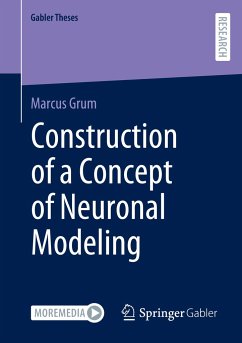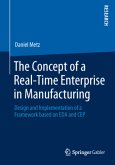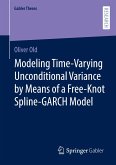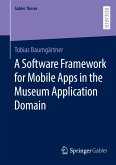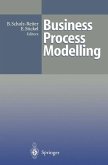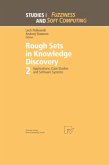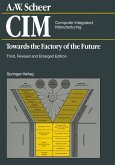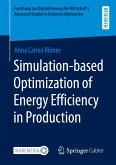The business problem of having inefficient processes, imprecise process analyses and simulations as well as non-transparent artificial neuronal network models can be overcome by an easy-to-use modeling concept. With the aim of developing a flexible and efficient approach to modeling, simulating and optimizing processes, this paper proposes a flexible Concept of Neuronal Modeling (CoNM). The modeling concept, which is described by the modeling language designed and its mathematical formulation and is connected to a technical substantiation, is based on a collection of novel sub-artifacts. As these have been implemented as a computational model, the set of CoNM tools carries out novel kinds of Neuronal Process Modeling (NPM), Neuronal Process Simulations (NPS) and Neuronal Process Optimizations (NPO). The efficacy of the designed artifacts was demonstrated rigorously by means of six experiments and a simulator of real industrial production processes.

